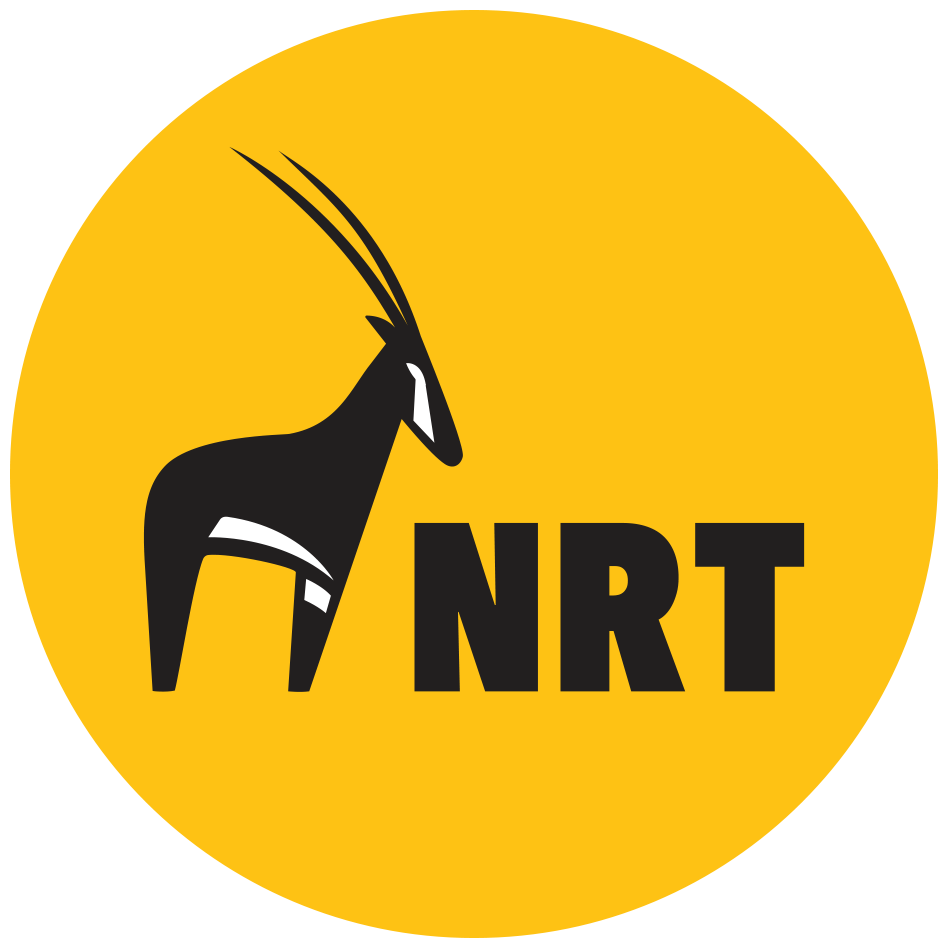Sweden’s Crown Princess Victoria Visits the Northern Rangelands Trust
HRH Crown Princess Victoria of Sweden/ NRT
Her Royal Highness Crown Princess Victoria of Sweden, who was on a joint Kenyan visit with HRH Crown Prince Haakon of Norway, visited the Northern Rangelands Trust (NRT) to learn about the projects promoting resilience funded by the Swedish Embassy in Nairobi through the Swedish International Development Cooperation (SIDA) Programme.
The Crown Princess, who was accompanied by Caroline Vicini, the Swedish Ambassador to Kenya, was also keen to learn about the severe challenges that the ongoing drought is posing to local communities.
Part of Sweden’s funding provided through the Integrated Management of Natural Resources for Resilience in ASAL (IMARA) programme which aims to assist communities in coping with the effects of drought, climate change, food insecurity, and access to water for both people and livestock.
Communities across the country are being severely affected by drought, which has intensified conflict situations brought on by the depletion of rangeland resources. Livestock, which is the main source of income for pastoralists have been negatively impacted by the drought due to lack of pasture and water.
The Ambassador signed an agreement of additional financing of Ksh 285,000,000 (25,000,000 SEK) to the IMARA programme to support ongoing activities in eight counties to reaffirm her government's commitment to fostering resilience for sustenance of livelihoods. The Swedish Embassy's visit was intended to solidify the Sida-IMARA programme, which has been running since 2018 to present.
The programme, which is currently in its second phase, aims to build resilient communities for communities living in these Arid and Semi-Arid Lands (ASAL) counties of Isiolo, Laikipia, Marsabit, Samburu, Narok, West Pokot, Elgeyo Marakwet and Turkana through diversified livelihoods and sustainable natural resource management.
The Sida-IMARA programme has been extended up to 2025 after the successful implementation of phase one of the programme, which was implemented from 2018 to 2021.
“The Government of Sweden is a proud long-term partner to IMARA, which we see as an important mechanism to strengthen the resilience of local communities in the ASAL counties. The incredible challenges brought by the on-going drought have prompted us to further increase our support and we are keen to see this additional financing coming to the communities’ benefit”, said Sweden’s Ambassador, Ms Caroline Vicini.
H.E. Caroline Vicini, Swedish Ambassador to Kenya
“With support from Sweden through the IMARA programme, we’ve been able to build resilience among our communities, support women and youth to venture into sustainable business opportunities and diversify their livelihoods, restore ecosystem and strengthening community conservancies’ governance in natural resource management,” says Tom Lalampaa, CEO, Northern Rangelands Trust.
Since its launch, the programme has achieved a number of significant milestones, including the graduation of 337 students from the counties of Marsabit, Samburu, and Isiolo from the Ujuzi Manyattani training, a local vocational training programme for underprivileged youth and women who have not received a formal education and were given startup toolkits to start productive income-generating activities.
The financial literacy training of 20 entrepreneurs to improve their financial management abilities and enhance capacity building of conservancy boards to enable them to develop leadership and governance of natural resources within the conservancies as well as improved rangelands is another significant accomplishment that has been seen.
In addition, a number of water boreholes have been constructed and some have been renovated in the counties of Isiolo and Samburu to increase the communities' access to clean water. The installation of biogas units to provide clean energy is another significant accomplishment. By saving women's time from having to collect firewood, this measure has also reduced over-reliance of charcoal and firewood.
The IMARA project is implemented and coordinated through a consortium led by World Vision Kenya, Northern Rangelands Trust, Maasai Mara Wildlife Conservancies Association, and Stockholm Environment Institute and Saferworld.






